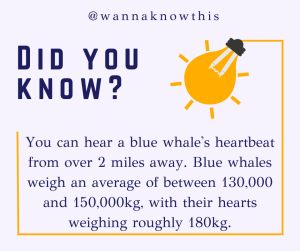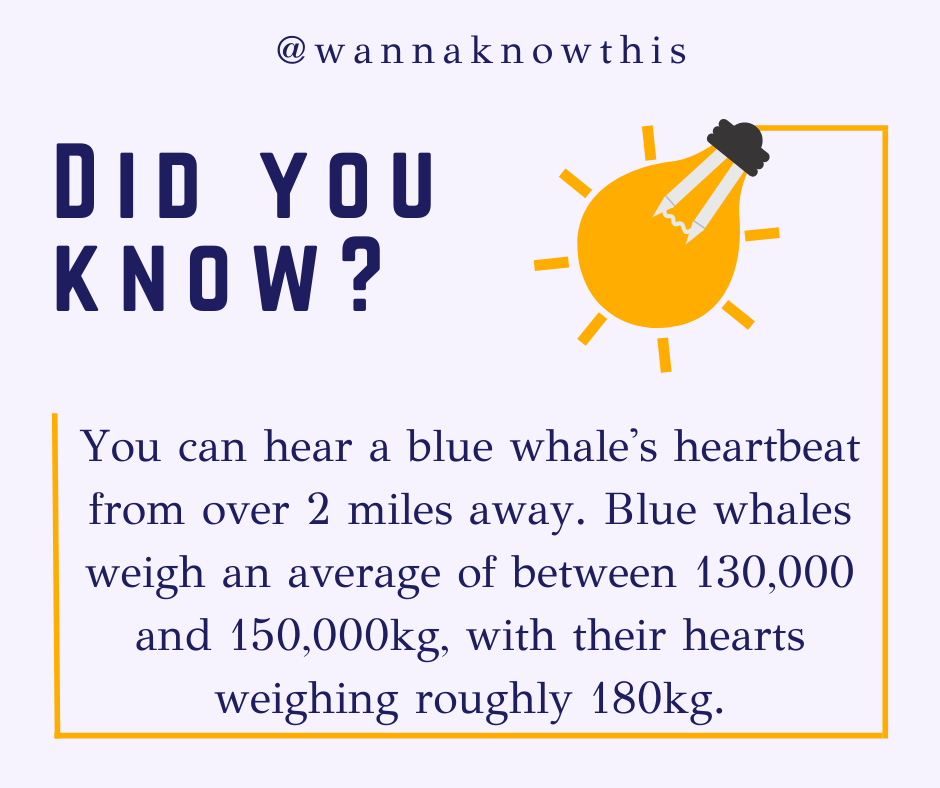Life insurance is a contract between an individual (the policyholder) and an insurance company, where the insurer agrees to pay a designated sum of money to the policyholder’s beneficiaries upon the policyholder’s death. It is a form of financial protection that provides a payout, known as the death benefit, to the beneficiaries to help them cope with the financial impact of the policyholder’s passing.
Here are some key aspects of life insurance:
Table of Contents
Purpose
The primary purpose of life insurance is to provide financial security and support for the policyholder’s dependents or beneficiaries in the event of their death. The death benefit can be used to cover various expenses, including funeral costs, outstanding debts, mortgage payments, educational expenses, income replacement, and ongoing living expenses.
Types of Life Insurance
- Term Life Insurance: Term life insurance provides coverage for a specific period, known as the term (e.g., 10, 20, or 30 years). If the policyholder dies within the term, the death benefit is paid to the beneficiaries. Term life insurance is generally more affordable compared to other types of life insurance but does not build cash value.
- Whole Life Insurance: Whole life insurance offers coverage for the policyholder’s entire lifetime, as long as premiums are paid. It combines a death benefit with a savings component known as cash value. The cash value grows over time, and policyholders can access it through loans or withdrawals while they are alive.
- Universal Life Insurance: Universal life insurance is a flexible form of permanent life insurance. It provides a death benefit and a cash value component. Policyholders can adjust the premium payments and death benefit amounts within certain limits, offering more flexibility compared to whole life insurance.
- Variable Life Insurance: Variable life insurance offers a death benefit and a cash value component that can be invested in various sub-accounts, typically composed of stocks, bonds, or mutual funds. The cash value fluctuates based on the performance of the underlying investments.
- Indexed Universal Life Insurance: Indexed universal life insurance is a form of permanent life insurance where the cash value is tied to the performance of a specified market index, such as the S&P 500. It offers the potential for higher returns compared to traditional universal life insurance but also carries the risk of lower returns during market downturns.
Premiums
Policyholders pay regular premiums to the insurance company to maintain their life insurance coverage. Premium amounts are determined based on factors such as the policyholder’s age, health, lifestyle, occupation, and the coverage amount selected. Premiums can be paid annually, semi-annually, quarterly, or monthly, depending on the policy terms.

Beneficiaries
The policyholder designates beneficiaries who will receive the death benefit upon the policyholder’s passing. Beneficiaries can be individuals, such as family members, friends, or charitable organizations. Multiple beneficiaries and contingent beneficiaries can be named, specifying the order of payout if the primary beneficiary is unable to receive the death benefit.
Underwriting
Life insurance policies often require underwriting, which involves assessing the applicant’s health, medical history, and lifestyle. The insurance company may request medical examinations, records, or interviews to evaluate the risk profile of the applicant and determine the premium rates.
Policy Loans and Surrender Value
Some forms of permanent life insurance, such as whole life and universal life insurance, accumulate cash value over time. Policyholders may have the option to take loans against the cash value or surrender the policy to receive a portion of the accumulated cash value. However, loans and withdrawals may affect the death benefit and have tax implications.
Life insurance offers peace of mind, knowing that loved ones will be financially protected in the event of the policyholder’s death. It is essential to evaluate personal circumstances, financial goals, and family needs when selecting the type and amount of life insurance coverage. Consulting with insurance professionals can provide guidance in determining the most suitable life insurance policy for individual needs.
Best Life Insurance Companies
Determining the best life insurance company depends on various factors, including individual needs, financial goals, and health considerations. Different companies excel in different areas, offering a range of products and services to cater to diverse customer requirements. However, several reputable life insurance companies are widely recognized for their financial strength, customer service, and product offerings.

Here are some of the top life insurance companies as of my knowledge cutoff in September 2021:
- Northwestern Mutual: Northwestern Mutual is a highly-rated mutual insurance company known for its financial stability and comprehensive life insurance products. They offer a range of permanent and term life insurance options and have a strong focus on personalized financial planning.
- New York Life Insurance Company: New York Life is one of the oldest and largest mutual life insurance companies in the United States. They offer a variety of life insurance products, including whole life, universal life, and term life insurance.
- MassMutual (Massachusetts Mutual Life Insurance Company): MassMutual is a mutual life insurance company known for its financial strength and diverse life insurance offerings. They provide whole life, term life, universal life, and other insurance products.
- Prudential Financial: Prudential is a well-established insurance company that offers a wide range of life insurance options, including term life, whole life, and universal life insurance. They have a strong presence in the life insurance market and a history of financial stability.
- State Farm: State Farm is a leading insurance provider that offers term and whole life insurance products. They are known for their strong customer service and personalized approach to insurance.
- Transamerica: Transamerica is a well-known insurance company offering a variety of life insurance solutions, including term life, whole life, and universal life insurance.
- Guardian Life Insurance Company: Guardian is a mutual life insurance company with a strong reputation for its whole life insurance products and financial stability.
- Principal Financial Group: Principal Financial Group offers a range of life insurance options, including term, whole, and universal life insurance. They are recognized for their financial strength and comprehensive financial services.
When choosing a life insurance company, it’s essential to consider factors such as financial ratings, customer reviews, policy options, premium costs, and the ability to tailor coverage to individual needs. Additionally, consulting with a licensed insurance agent or financial advisor can help you navigate the options and find the best life insurance company and policy for your specific situation. Keep in mind that the life insurance market is constantly evolving, and new companies may emerge or existing ones may change their offerings over time.
Read more posts in Business or read our guide What is Insurance and What Types of Insurance are Available?



















Leave a Reply